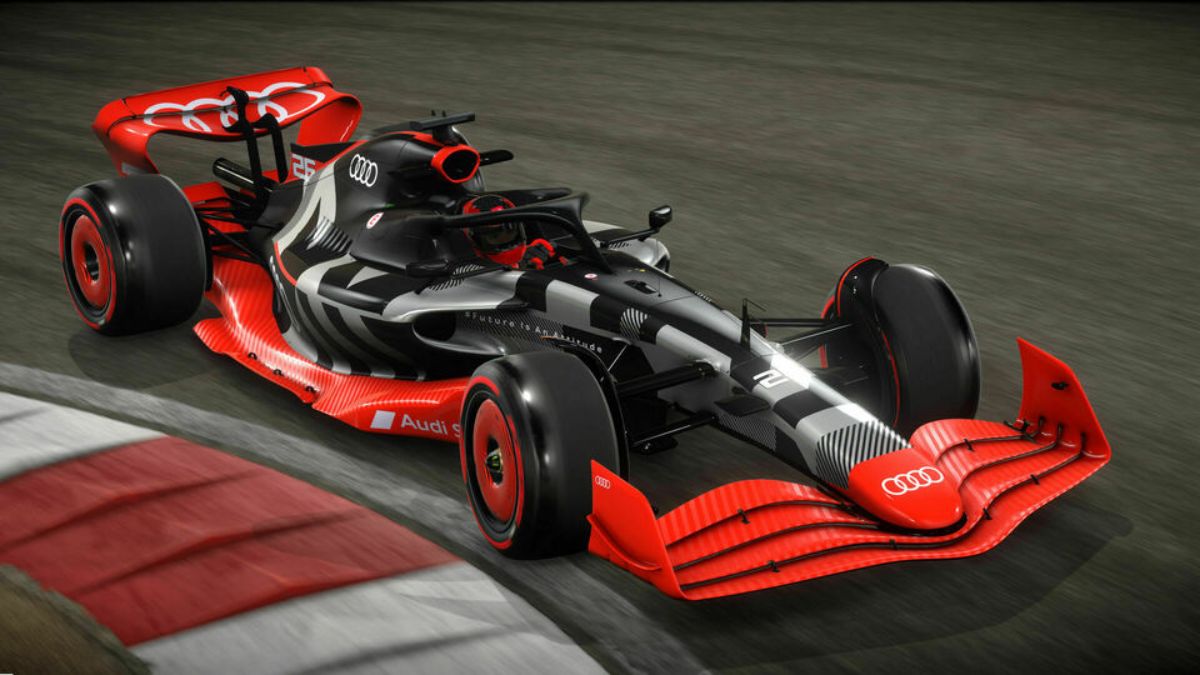- By Divanshi Sharma
- Tue, 31 Oct 2023 07:18 PM (IST)
- Source:JND
In 2022, German automobile giant Audi announced that it is planning to enter into Formula One by acquiring a minor stake in the Sauber Group. In addition to this, the renowned German luxury car manufacturer also revealed its development of its own Formula One power unit. However, recent media reports have revealed that Audi’s plans to make an entry into the motorsport world are currently being reassessed.
ALSO READ: Ola Electric Registers 2.5-Fold Growth In Sales, Over 24,000 Units Sold In October 2023
German news website, Spiegel has reported that Audi is thoroughly reevaluating its decision to join Formula One. As per information from sources within the Volkswagen Group, Spiegel stated that due to management changes and cost-cutting measures, Audi is conducting a detailed analysis of its plans to enter the world of Formula One.
In August 2022, Markus Duesmann, CEO of Audi initiated the plan of entering Formula One from the 2026 season. Duesmann expressed that motorsport was an inherent part of Audi's identity, stating that "With the new rules, now is the right time for us to get involved." However, the CEO of Audi has now been replaced, with Gernot Doellner taking over the leadership roles in the organisation.
Audi or the Sauber Group have not yet officially confirmed that there might be a change in plans from the previously stated plans of Audi’s entry into Formula One. However, there are growing speculations within the Formula One community that Audi might be reconsidering its intentions to enter the sport.
ALSO READ: Skoda New-Gen Superb Interior Teased, To Be Launched On November 2; See First Pics
Talking about the new rules that are supposed to come into effect from the 2026 season, the new upcoming Formula One power units will derive all its power solely from sustainable fuels. Moreover, the existing 1.6-litre V6 turbocharged engine that is fitted in current Formula One cars, will incorporate a substantially improved electrical component which ultimately lead to a significant increase in electric power production. This advancement will lead to reduced fuel consumption per race car, per race.

